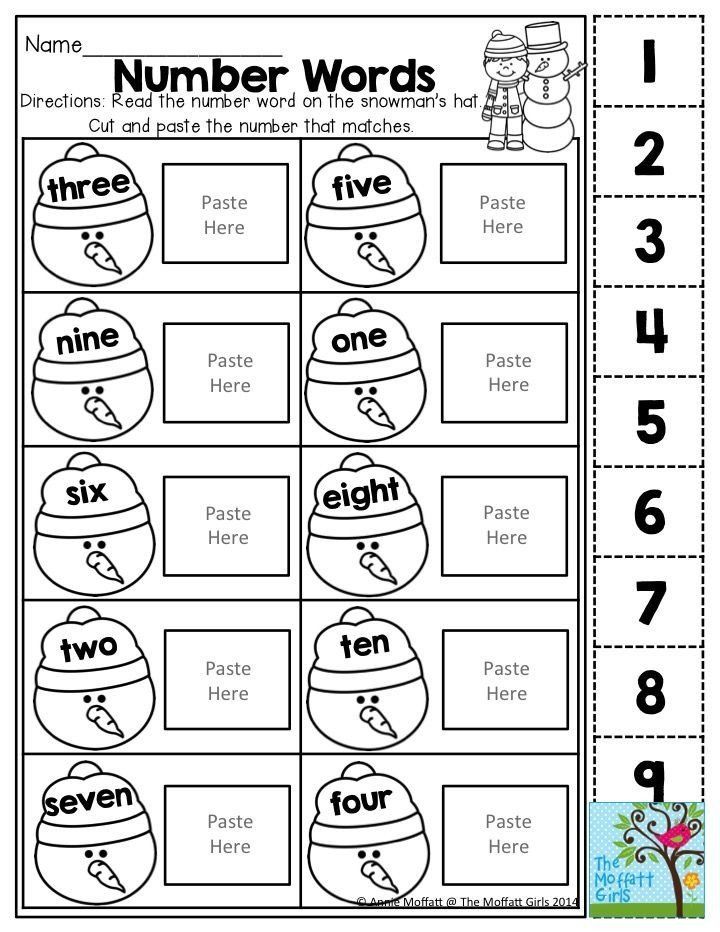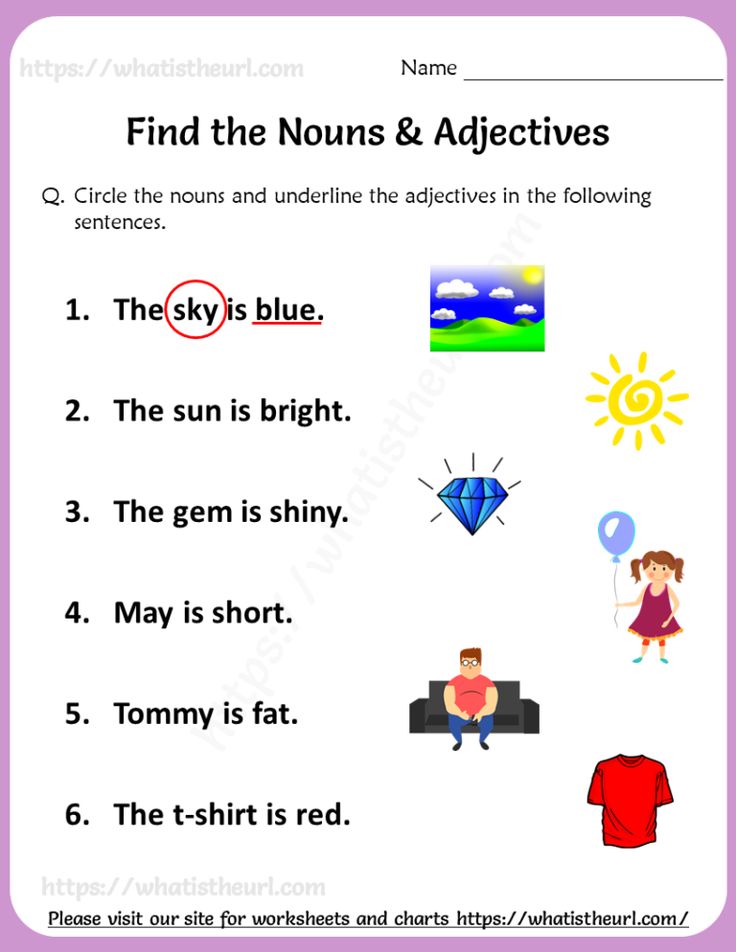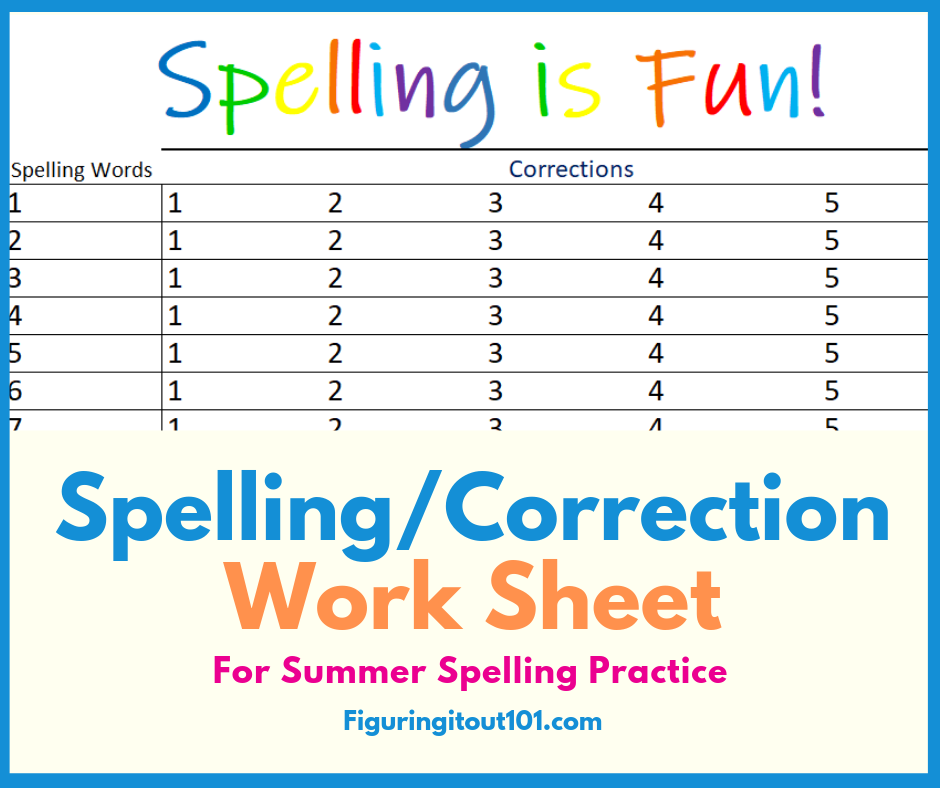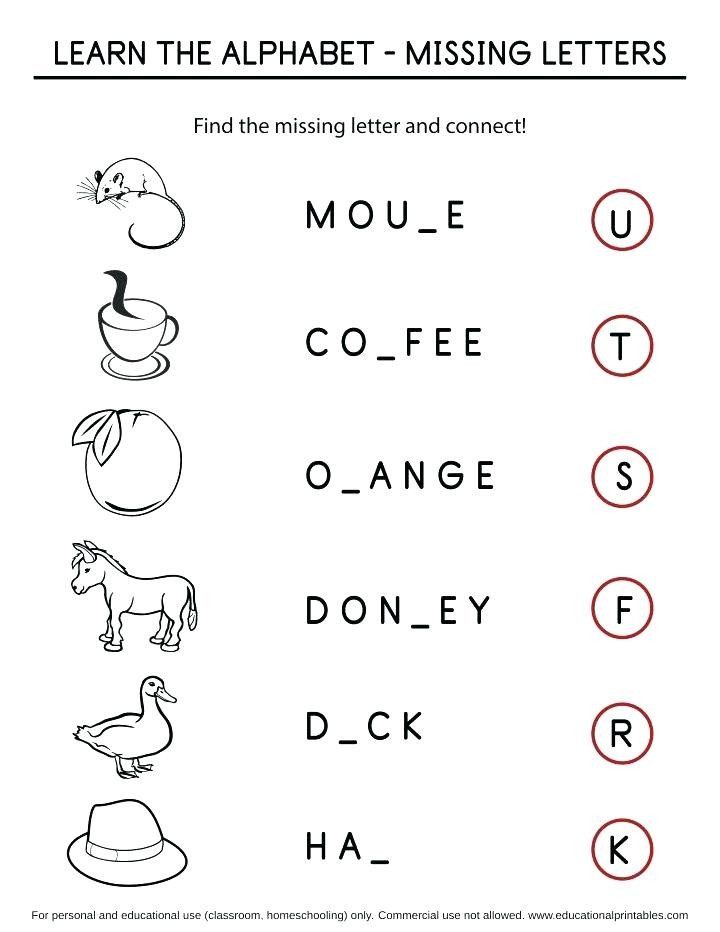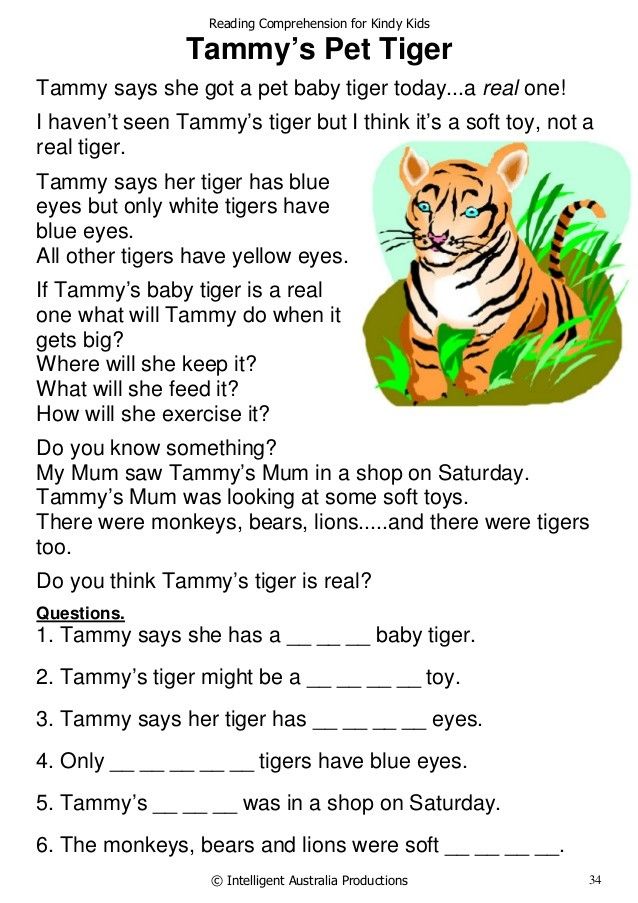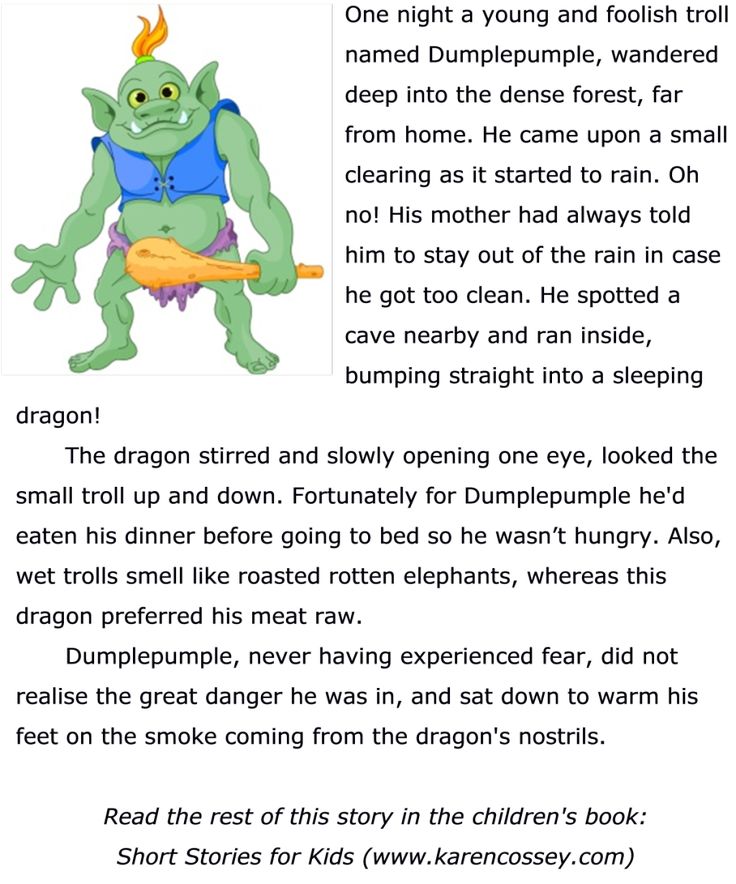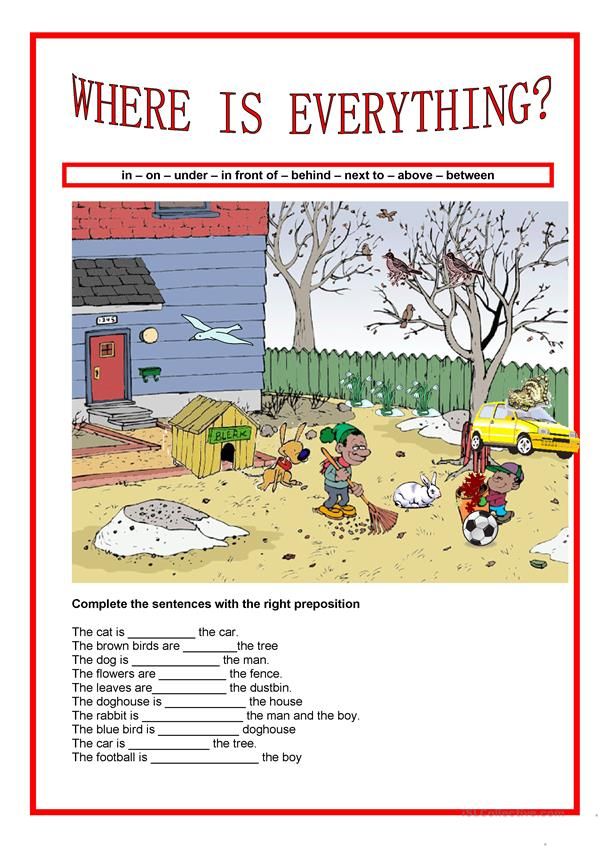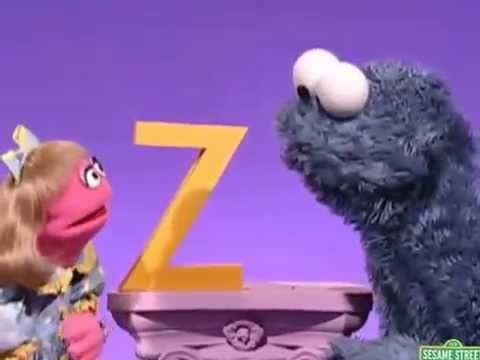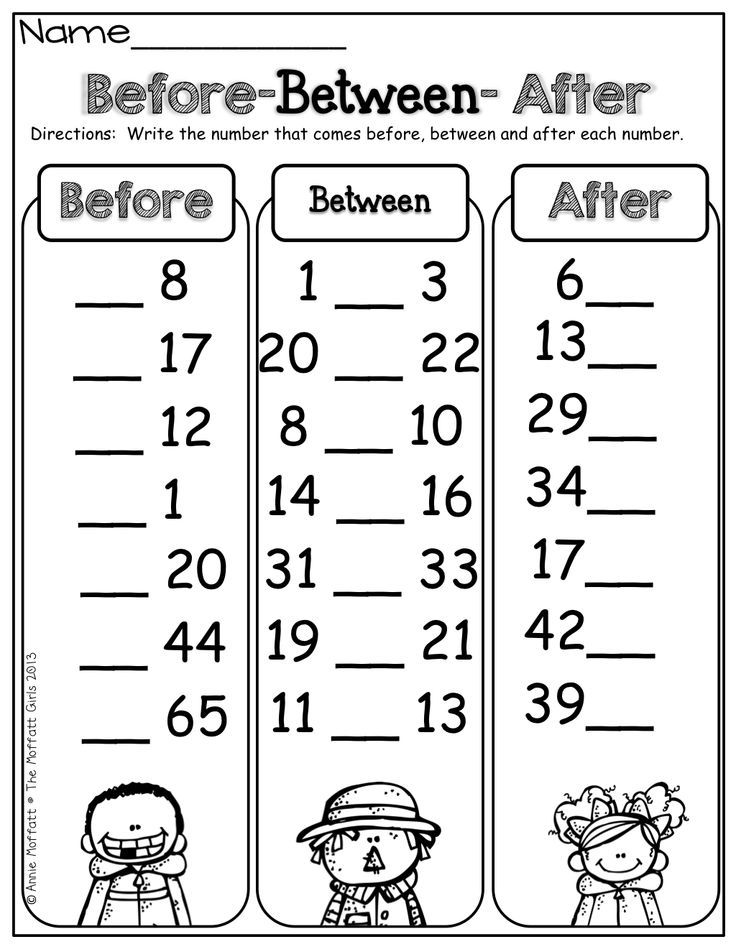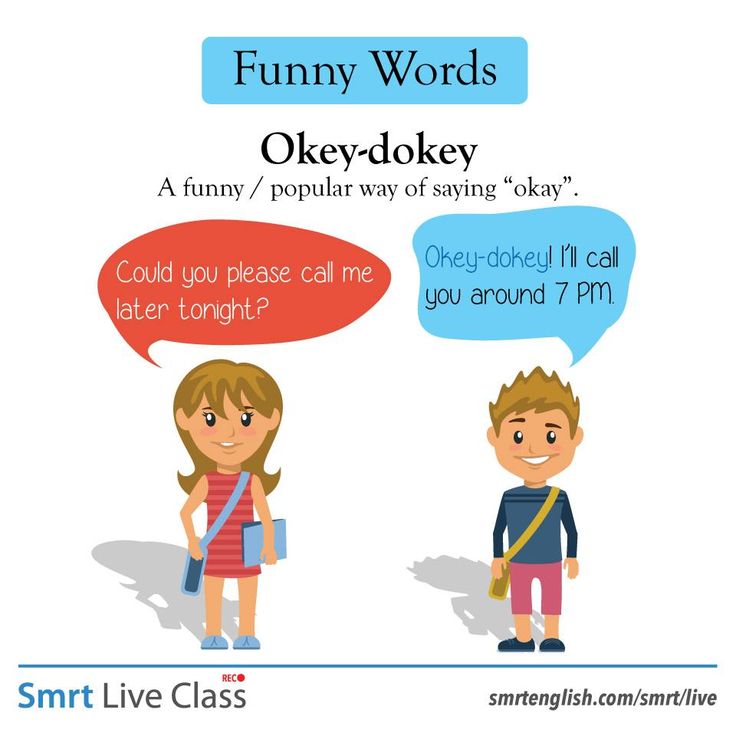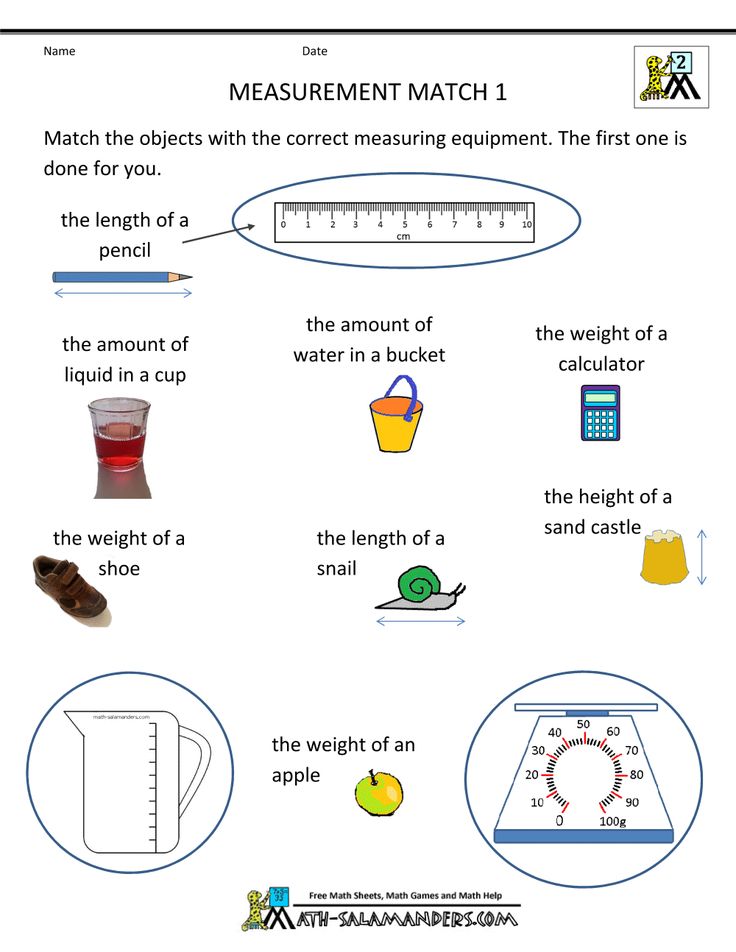Spellings games for year 6
Classroom Spelling Games for Grades 2-6
Looking for an engaging spelling game to play with your students? Look no further! We’ve collected together a fun list of classroom spelling games suitable for students in grades two to six.
1. Buzz Off Spelling Game
Have students stand in a circle. Choose a person to start and say the word to spell. In succession moving from person to person around the circle, each student says the next letter in the word until the entire word is spelt. The next student says ‘buzz’ and then the next ‘off’ and that final student sits down. Any student whose letter misspells the word also has to sit down. Keep playing until only one student remains standing.
2. Spelling Team Tic Tac Toe #1
Divide students into two teams. Draw a large tic tac toe grid on the whiteboard. Students from each team take turns to orally spell an allocated word correctly. If they are correct, they add an x or o to the grid for their team. First team to three in a row wins the round.
3. Spelling Team Tic Tac Toe #2
Divide students into two teams. Draw a large tic tac toe grid on the whiteboard. Give each team a different coloured whiteboard marker. Students from each team take turns to spell an allocated word directly onto their choice of square on the tic tac toe grid. If they spell the word incorrectly it is erased. First team with three correctly spelled words in a row wins the round.
4. Snowball Spelling Game
Onto a small sheet of white paper write the grapheme for a sound the class has been studying, e.g. ‘ir.’ Scrunch the paper up into a ball. Throw the paper ball to a child who must unwrap the paper and say a word containing that sound. The child then throws the paper ball to another child who has to spell the word. They then throw the ball to another child who has to say a sentence that includes the word. They then throw the ball to another child who starts the sequence again with a new word that includes the sound.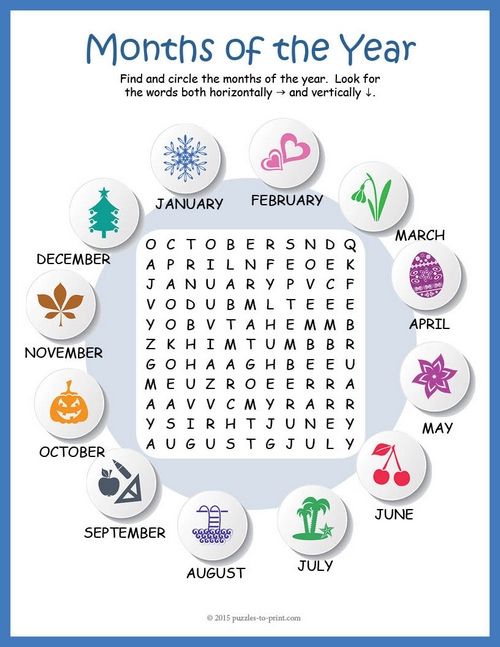
5. Spelling Swat It!
Divide students into two teams. Write the spelling words randomly onto the whiteboard.
Stand the first two players, with their backs to the board, a short distance in front of it. Give them each a plastic fly swat.
Call out a clue to identify the spelling word. For example, “This word means…” or “Rhymes with …” The two players must then race to be the first to swat the correct word on the board. The winner must then turn away from the board and spell the word correctly to win a point for their team.
6. Spelling Word Relay
Divide the students into teams. Each team lines up a short distance away from the whiteboard, facing the board. The first person in each team starts with a whiteboard marker.Call a word for the students to spell. The first student in each team races to the board and writes the first letter of the word and then runs back to pass the marker on to the next team member who writes the next letter of the word, and so on.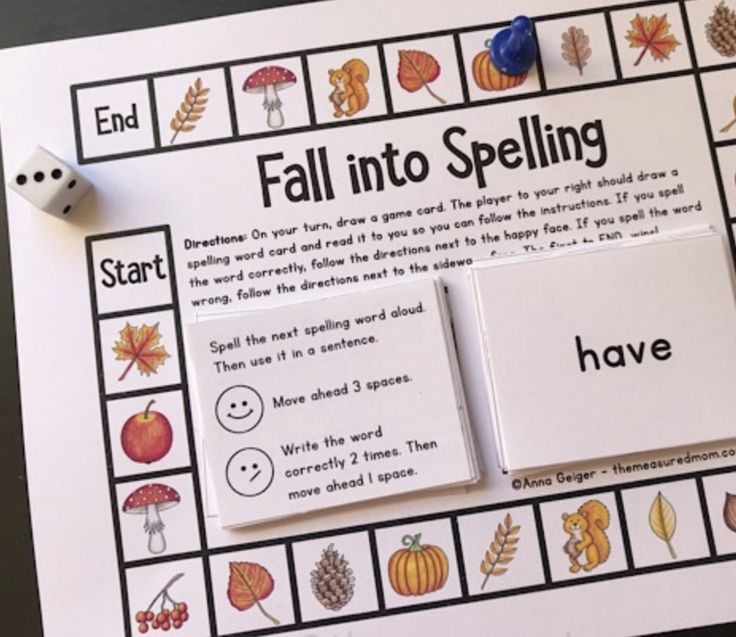 Team members can correct an incorrect letter on their turn but they may not add a new letter. The first team to correctly spell the word scores a point.7. Spelling Who Am I?
Team members can correct an incorrect letter on their turn but they may not add a new letter. The first team to correctly spell the word scores a point.7. Spelling Who Am I?
Write each spelling list word onto a post-it note. Divide students into two teams. The first student from the first team sits on a chair at the front of the room, facing the rest of her team. Place the first post-it note onto the student’s forehead. The goal is for the chosen student’s teammates to give him or her clues to what the word on his forehead is, without revealing the word directly. They can use rhyming words, synonyms, antonyms, guestures, etc. After they guess the word correctly, the student then has to spell the word. If they spell the word correctly, they score a point for their team. Repeat with the first team member from the second team, and so on.
8. Unscramble
Line students up into two or three teams facing the class whiteboard. The first person in each team has a personal whiteboard and a whiteboard marker and an eraser and turns to face away from the class whiteboard.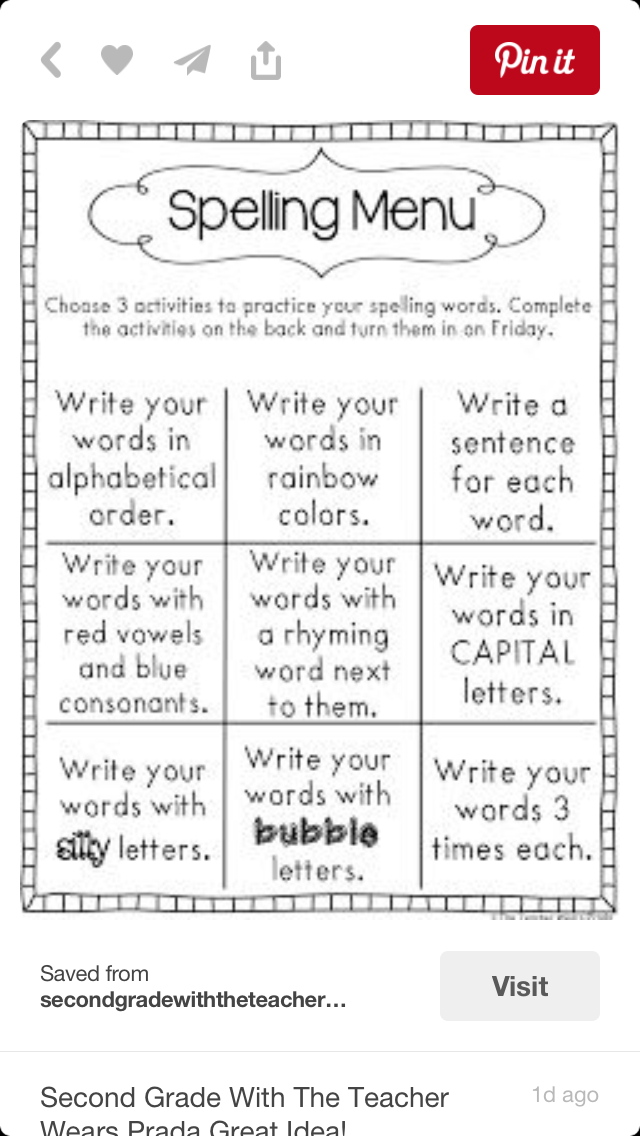 Write a jumbled version of the first spelling word on the class whiteboard. On ‘Go!’ the team members turn to face the board. The first of these students to write the unjumbled word (spelled correctly) onto their personal whiteboard and holds it up to the teacher wins a point for their team. They then pass the whiteboard onto the next team member and play continues with a new jumbled word for each round.
Write a jumbled version of the first spelling word on the class whiteboard. On ‘Go!’ the team members turn to face the board. The first of these students to write the unjumbled word (spelled correctly) onto their personal whiteboard and holds it up to the teacher wins a point for their team. They then pass the whiteboard onto the next team member and play continues with a new jumbled word for each round.
9. Missing Letters
Played in the same manner as Unscramble but the words are written onto the classroom whiteboard with blank lines in the place of some of the letters. For example, b_c_ _se for the word because.
10. Invisible Man
Line students up into two teams facing the whiteboard. Draw two large stick people on the whiteboard, one in front of each team, each must have the same number of body parts. Call out a word for the first member of team one to spell. If they spell it correctly they may erase one body part from the other team’s stick person.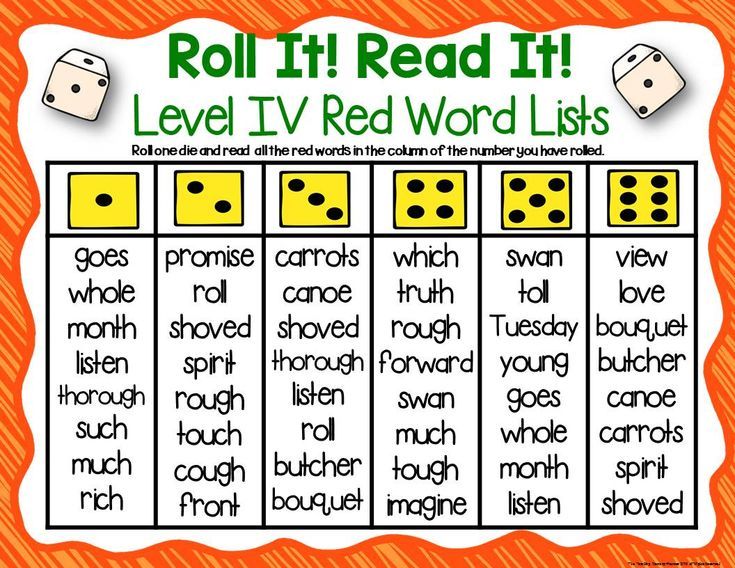 Call out a word for the first member of team two to spell, and continue on until one team’s stick person is completely erased. The erasing team is the winner!
Call out a word for the first member of team two to spell, and continue on until one team’s stick person is completely erased. The erasing team is the winner!
11. Spell-O
Each student chooses five spelling words and writes them onto a piece of paper. Write the alphabet in large print across the whiteboard. Cross out the letters of the alphabet, one by one. As each letter is crossed out, students cross out that same letter as it appears in each of their own words. First student to cross out all of the letters in all of their words wins.
12. Dictionary Challenge
This game works best with students in the upper elementary/primary grades. Divide students into teams. Each team will need a dictionary. Students choose a player from their team to go first. Call out a word. The elected students from each team race to be the first to find the word in the dictionary. The person who succeeds scores a point for their team. The dictionary is then passed to the next person in each team and the process repeated.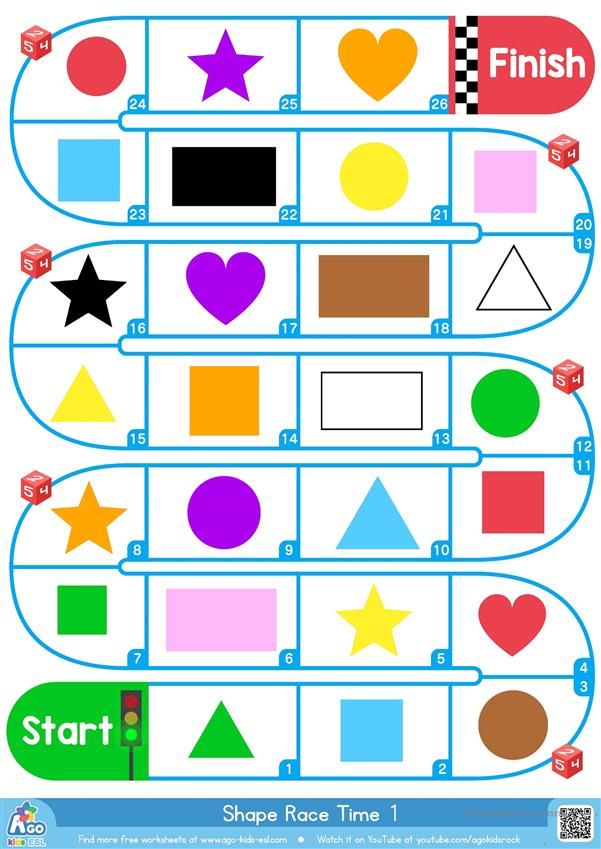
Christie Burnett is a teacher, presenter, writer and the mother of two. She created Childhood 101 as a place for teachers and parents to access engaging, high quality learning ideas.
Spelling Year 6 KS2 Worksheets & Games
Spelling Year 6 KS2. Support on spelling for kids with Super Brainy Beans. Primary homework help with worksheet downloads and online games.
Pick a level
If you find the spellings difficult in your year then try starting with spellings from the year below. It's ok to work lower than the year you are on and fill the gaps rather than struggling at your level without understanding the basics.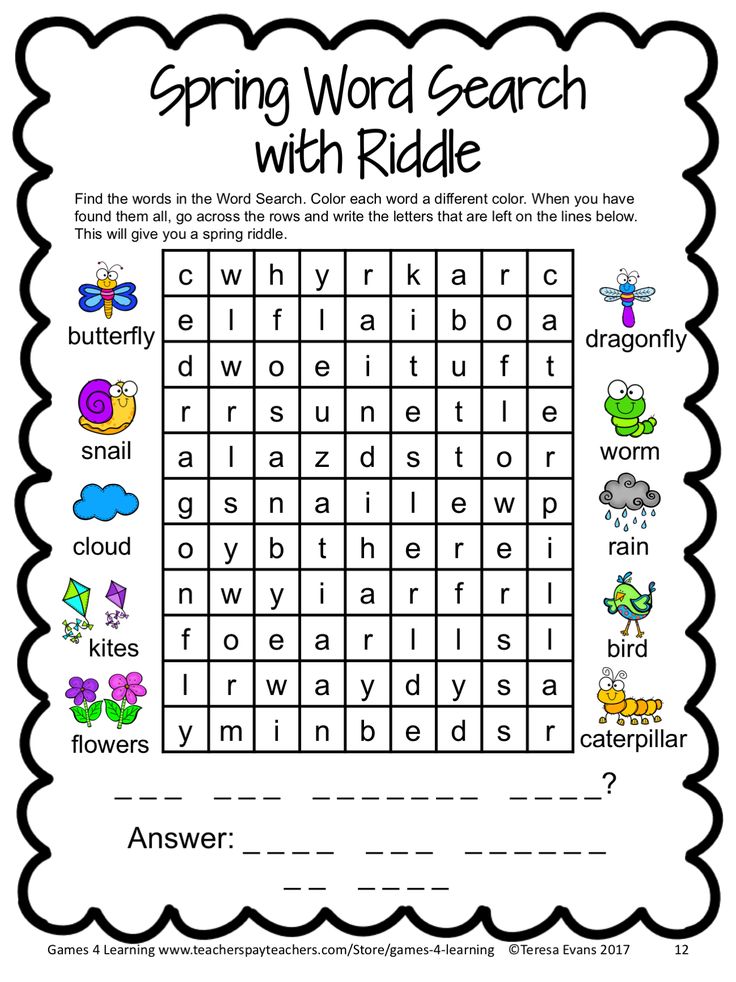
Take the Year 6
Check what your spelling level is with our online test.
Start Year 6 Spelling Test
Download all Year 6 spelling worksheets
Download and print out our spelling worksheets for Year 6. 360 words especially selected for kids in Year 6, KS2.
- Uses the Look, Say, Cover, Write, Check method.
- Covers all the essential words to learn in Year 6.
- Print at home.
Download Year 6 Spelling Worksheets
Learning spellings
The best way to remember your spellings is the look, say, cover, write, check method. Regually practicing this way will improve your spellings.
Practice your spellings for four days then get someone to test you on the fifth day without looking at the words first.
Download our spelling sheets for lists of words to practice spelling.
Blank spelling sheet
Fill in your own words that you get wrong regularly with our blank spelling sheet.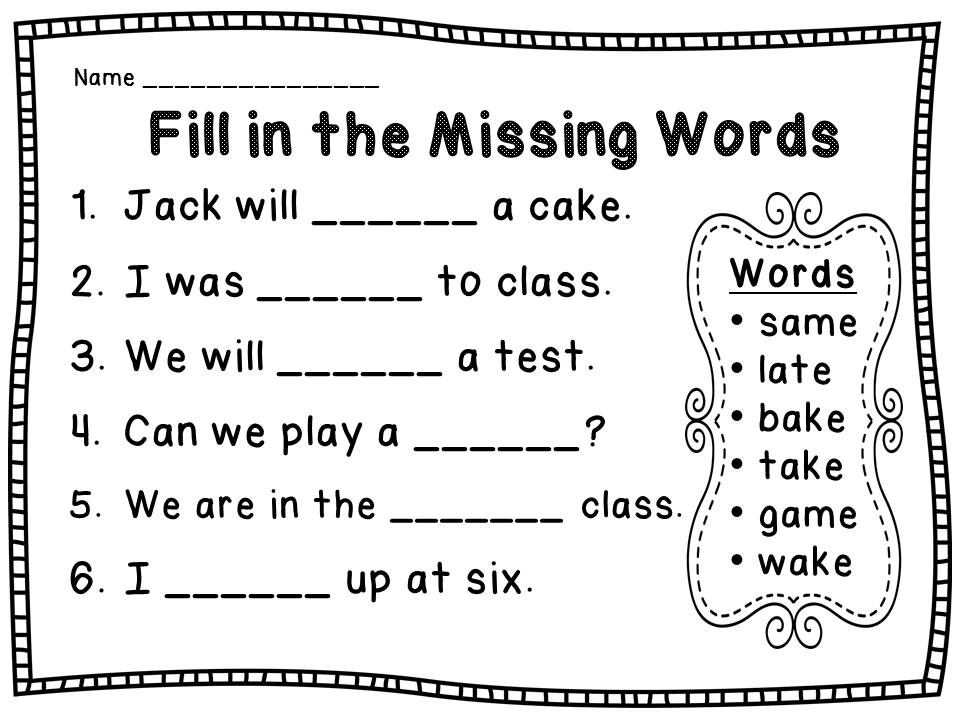
Spell all 40 common words
Throughout Year 6 children are expected to learn how to spell the 40 new words which are commonly used in reading and writing.
Some of these do not follow the normal phonic rules and are known as 'tricky' words. Here there is no trick to learning to spell these words they just have to know.
Top 40 Words
Spelling sheets for the top 40 words.
Top 40 Words Check List
Print off this checklist of the top 40 common words you should learn to spell.
Suffixes able
Suffixes are groups of letters that can be added to a root word. Suffixes change the meaning of a word to make a new word.
Words ending in able, mean able to be.
breakable fashionable likeable
Words ending able spelling sheet
10 words ending with able.
Suffixes ible
Words ending in ible, mean able to be.
possible visible incredible
Words ending ible spelling sheet
10 words ending with ible.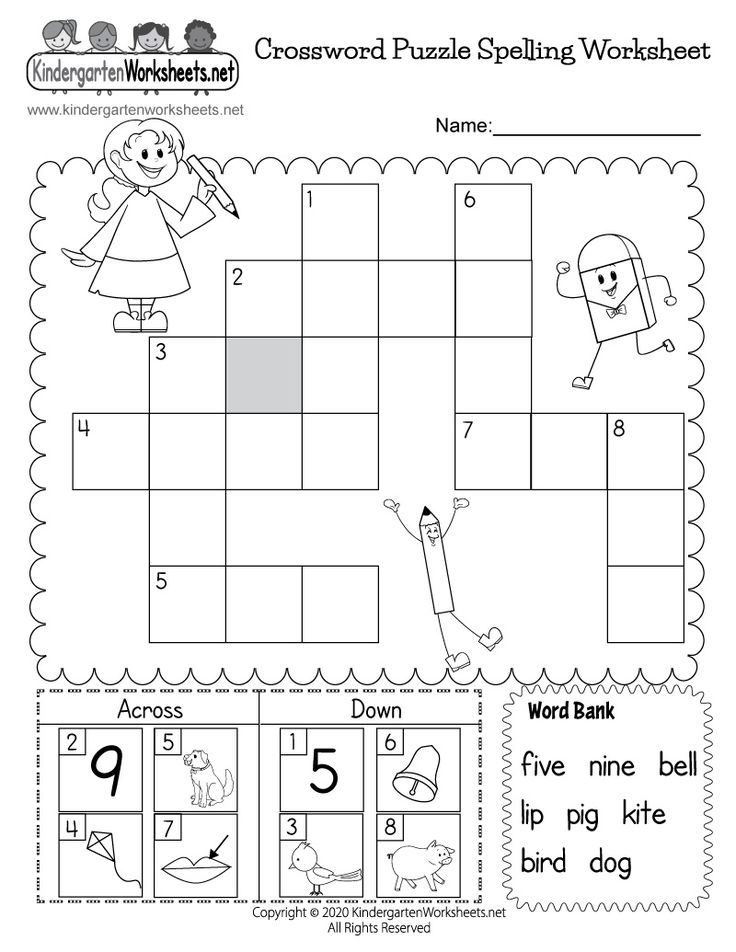
Spelling games
Look, Cover, Write, Check
Look at the word and type the word once the doors have closed. Choose Year 5 & 6.
Little bird Spelling
Spell out the 'Tricky Words' in this little bird spelling game. Choose Year 5 & 6.
Spooky Spelling
Spell out the 'Tricky Words' in this spooky spelling game. Choose Year 5 & 6.
Prefixes micro & mini
A prefix is a group of letters that are added to a root word. Prefixes change the meaning of a word to make a new word.
Words beginning with the prefix micro or mini, mean small.
minibus minibeast microchip
Words beginning with micro or mini spelling sheet
10 words beginning with the micro or mini prefix.
Words with ce
These words contain ce.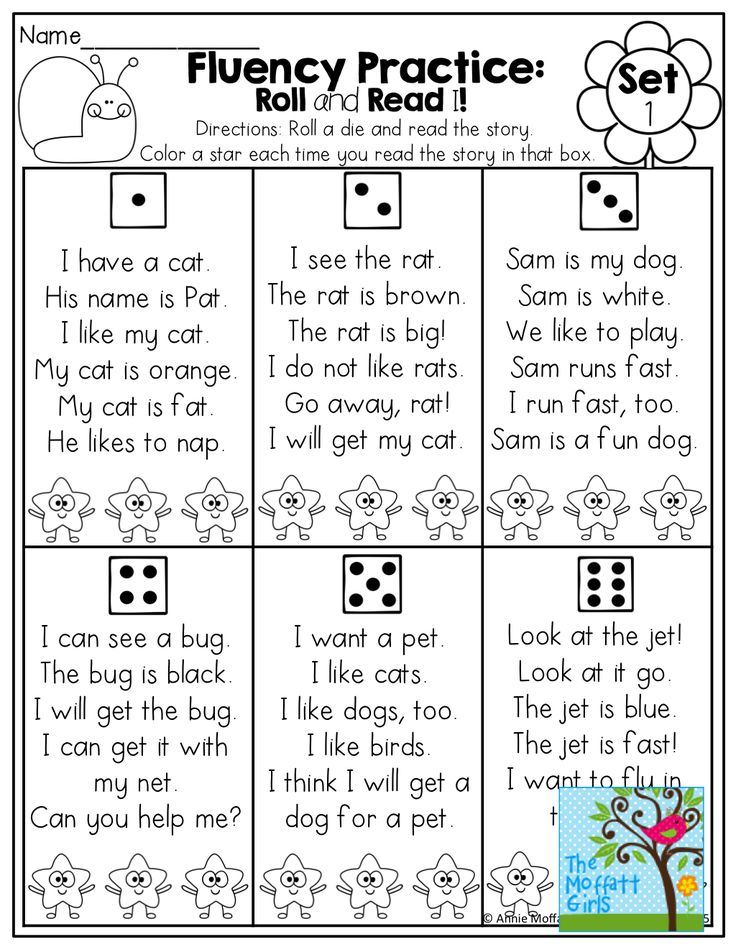
celebrate certificate sacrifice
Words with ce spelling sheet
10 words with ce.
Words with ie or ei
These words contain ee sound spelt ie or ei.
believe deceive ceiling
Words with ie or ei spelling sheet
10 words with ie or ei.
Homophones
Homophones are words that sound the same but mean different things. It's important which spelling you should use.
advice / advise
practice / practise
device / devise
Homophones spelling sheet
10 homophone words.
Also on Super Brainy Beans
Spelling games | Educational and methodological material on the Russian language on the topic:
SPELLING GAMES.
1.Check Dunno.
Dunno played with words, making one word out of two. Check if he
composed the words correctly?
Paul+Osa = stripes
Kol+Osa = colosses
OG+Wasp-fits
Tooth+I = teeth
oak+b+I = Dubya
2.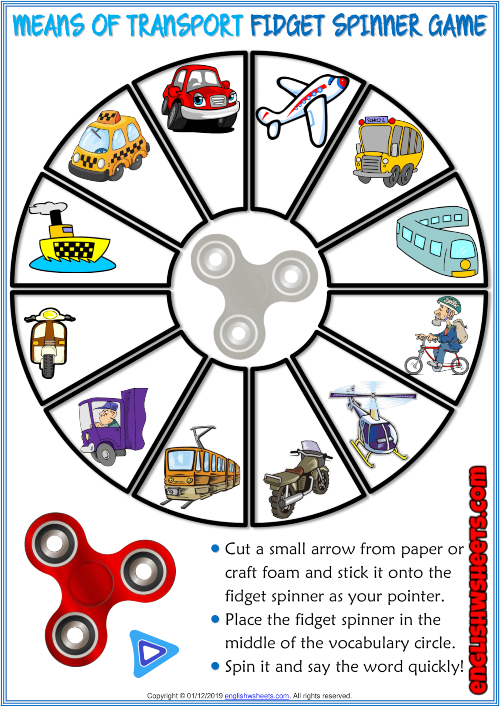 Who quickly correct the errors. (Subject: Capital letter)
Who quickly correct the errors. (Subject: Capital letter)
The cards have misspelled text.
Task: Find and correct all capitalization errors as quickly as possible.
3. Read the offer. (Topic: Case endings.)
Cards are made from an album sheet on which sentences are written, but instead of nouns, the corresponding figures are placed.
Assignment: while reading a sentence, students use pictures to name nouns in the appropriate case, choosing the correct ending. nine0003
4. "Choose three words" (The game is used to reinforce any topics in the Russian language)
Purpose: To follow the formation of spelling skills, taking into account the stage of work on spelling.
The choice of words depends on the topics studied or covered.
Nine words are written on 9 cards:
1st set: fish, blizzard, stocking, oak trees, jam, scarecrow, streams, plague, mushroom.
2nd set: entrance, warehouse, crow, hail, filming, treasure, gate, rise, sparrow.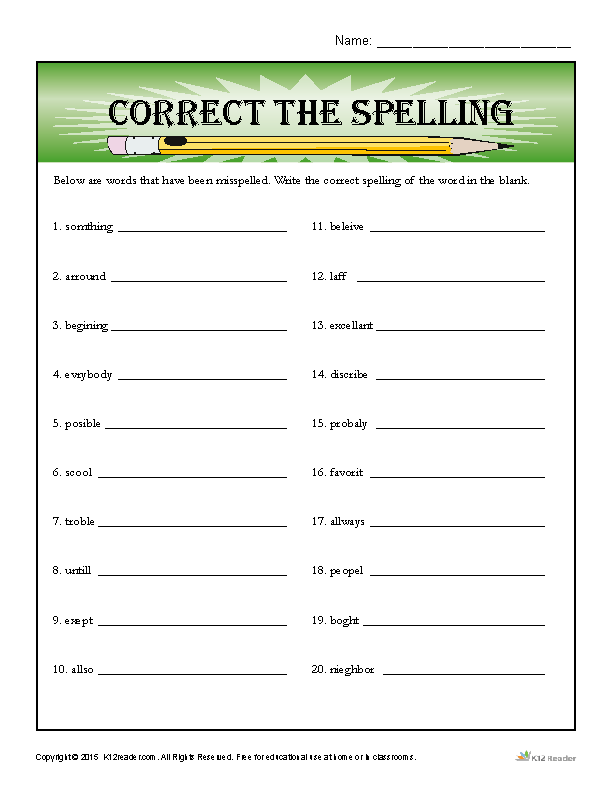 nine0003
nine0003
Bread
CLU-KA
Kali-Ka
Bere-kiki
FILKI
Obl-ki
Pied KI
Marty-ka
Redi-ka
Du-ki
Lo-ki
Tetra-KA
CLA
Tra-
Carko-Ka
Li-KI
Ostro-oki
Promotion-KA
Blue 9000 9000
Refined
Tasks:
Explain spellings by choosing test words.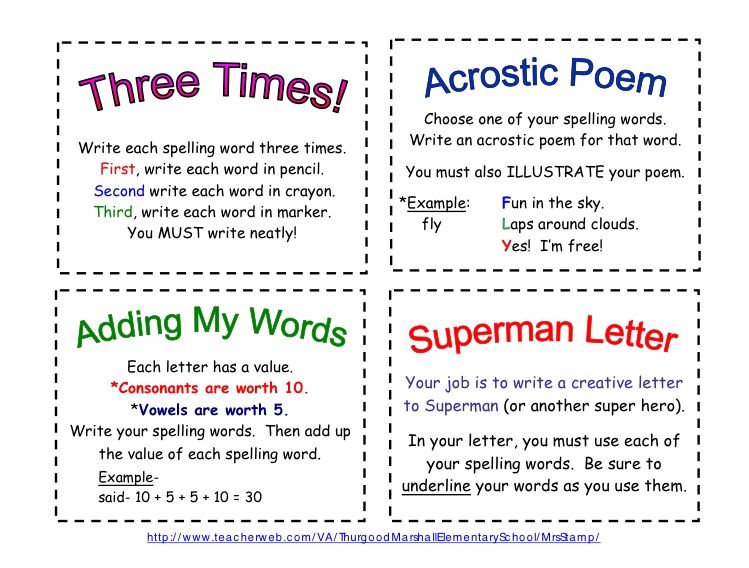
6. Game "Ball"
Didactic task: Repeat the formulation of clarifying questions and case endings.
Game objective: Help the proposals get to the Ball.
Contents of the game:
Ball in the Grammar Kingdom today. There were many proposals for it. But the sentry will not let them into the palace until each noun from those who have appeared has its conjugation indicated. Help the proposals get to the Ball. What questions does the clock noun ask?
Materials:
A table is drawn on the board, the halves of which are separated by a sentry. The proposal is analyzed by one student, tips from the class are accepted. nine0003
Cherry blossoms in May Mother gave her son a book Swallows are returning from Africa A hare feeds on tree bark Sister came to her brother Sasha wrote a letter A fox hid behind a bush, etc. H a s o v o y In (what?) May blooms (what?) bird cherry. etc.
7. Game "Find the ending"
Didactic task: Repeat the case endings of nouns.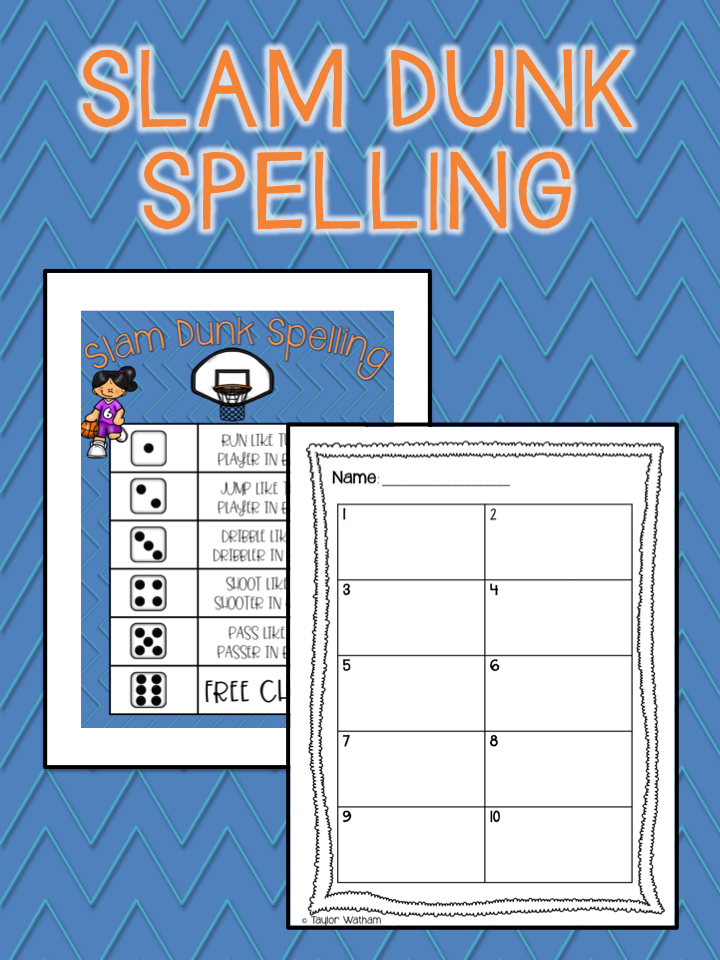
Game task: Find the endings of some words in sayings.
Content of the game:
“The ending is a very changeable, moving part of a word. She can easily get lost. Find the lost endings for these proverbs.” nine0003
Materials:
Cards
- Pick the berries... you will find the box.
- Drop by drop... and the stone hammers.
Without a primer and grammar... Mathematics cannot be learned...
8. The game "Nicknames"
Purpose: formation of the process of inflection and word formation, consolidation of phonetic and grammatical analysis of words, spelling of proper names.
Move: Form animal names from the following words:
BALL, ARROW, EAGLE, RED, STAR
Make proposals.
BALL, ARROW, EAGLE, GINGER, STAR
Highlight the part of the word that you used when composing nicknames (suffix, ending).
9. Game "Team chain game"
Didactic task: Complete the appropriate nouns in the accusative case.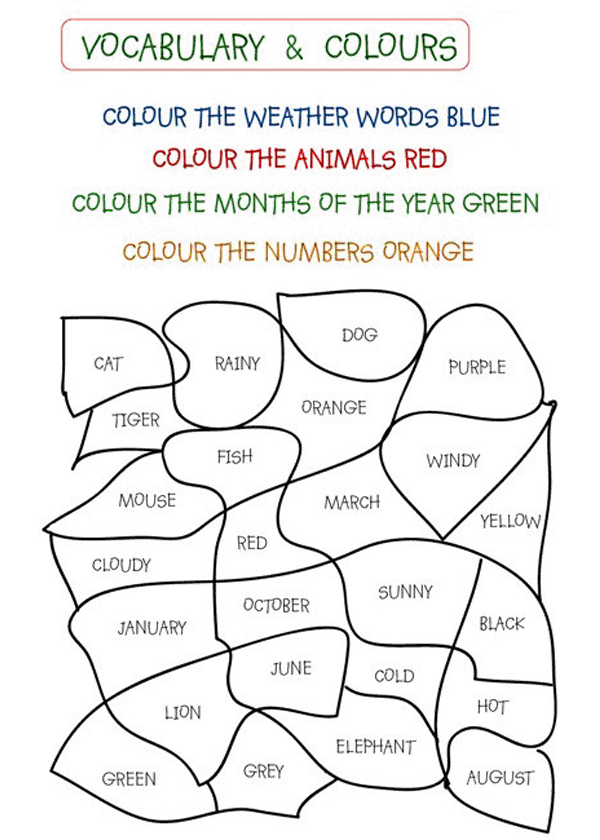
Game objective: Make the chain as long as possible.
Contents of the game and Materials:
- Listening to music, mom...
- I am writing a dictation, a letter,...
- They are building a tower, a house,... etc.
10. The game "Hard - soft"
Purpose: to create conditions for repeating the spelling of hard and soft characters.
Students are divided into two teams. One team is called “Stone”, the other is called “Water”. The “Stone” team gets up if I read a word with a hard sign, if I read a word with a soft sign, the “Water” team gets up.
Words: congress, drive in, blizzard, pours, entrance, pour, announcement, stakes, runners, detour, ears of corn, drink, shooting, etc. nine0003
11.Game: Be careful.
Purpose: to activate memory, attention, vocabulary, based on knowledge of the rules.
Write out from the proposed poems with combinations of zhi, shi:
1. Siskins lived in a hut,
Mice, hedgehogs, swifts,
Walruses come to visit them
Both giraffes and snakes.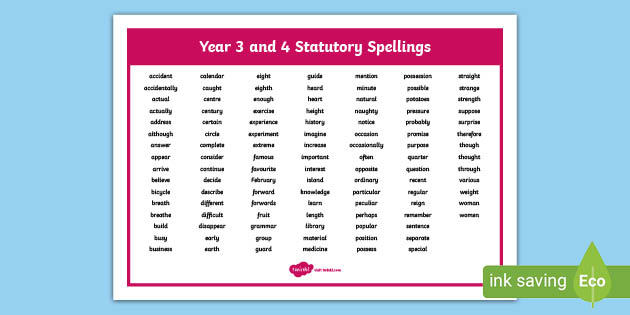
2. Vest, animal, belly,
Giraffes, painting, lives,
Briar, tires, reeds,
Cars and pencils,
Circle, serve, be friends and live,
Hurry, make laugh,
Hiss and sew.
All combinations of ZhI and SHI
Only with the letter I write!
12. Game: Slovoznaikin, give me an answer.
Purpose: to determine the level of development of children, to develop memory, thinking, speech.
Children are invited for a certain time to remember and write down as many proverbs and sayings, riddles and quatrains as possible, in which words and a given rule are found - "Spelling of words with combinations of zhi, shi." For example:
Proverbs and sayings:
Life is given for good deeds. nine0363 You can't hide an awl in a bag.
If you hurry, you will make people laugh.
To live life is not a field to cross.
Friendship is like glass, if you break it, you won't stick it together.
Riddles:
Two birch horses
They carry me through the forest.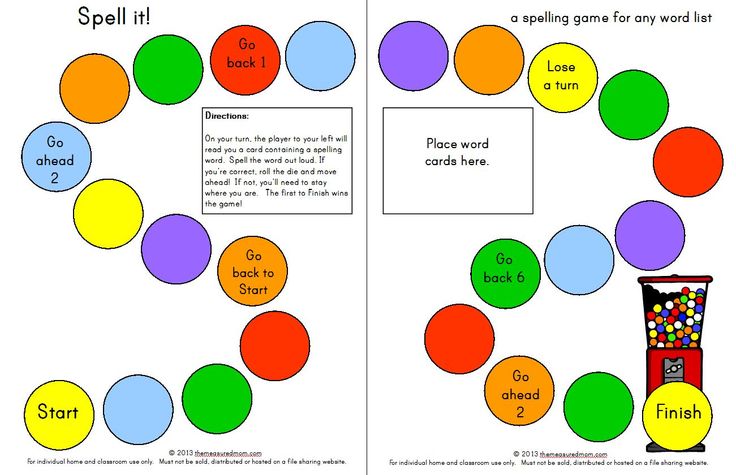
These red horses,
And their name is ... (skis).
He is tall and spotted
With a long, long neck,
And he eats leaves,
Leaves of trees (giraffe)
Quatrain:
She sewed a fur coat - she sewed a skirt,
She sewed a hat - she sewed a slipper! nine0363 Good seamstress Natasha!
13. Game: Change the letter.
Purpose: to intensify the mental activity of students, develop spelling and phonetic vigilance, attentiveness, logical thinking.
Children are offered the original word with a spelling, they change either one or two sounds in it sequentially, while maintaining the combination -chk-, and receive new words. The one with the most words wins.
daughter pen
barrel river
night candle
bump stove
point kidney
cloud daughter
wheelbarrow night
14. Game: Name one object.
Purpose: to develop methods for checking unstressed vowels.
The teacher says a word denoting many identical objects, and the students name one such object and explain what vowel should be written in the root of the word.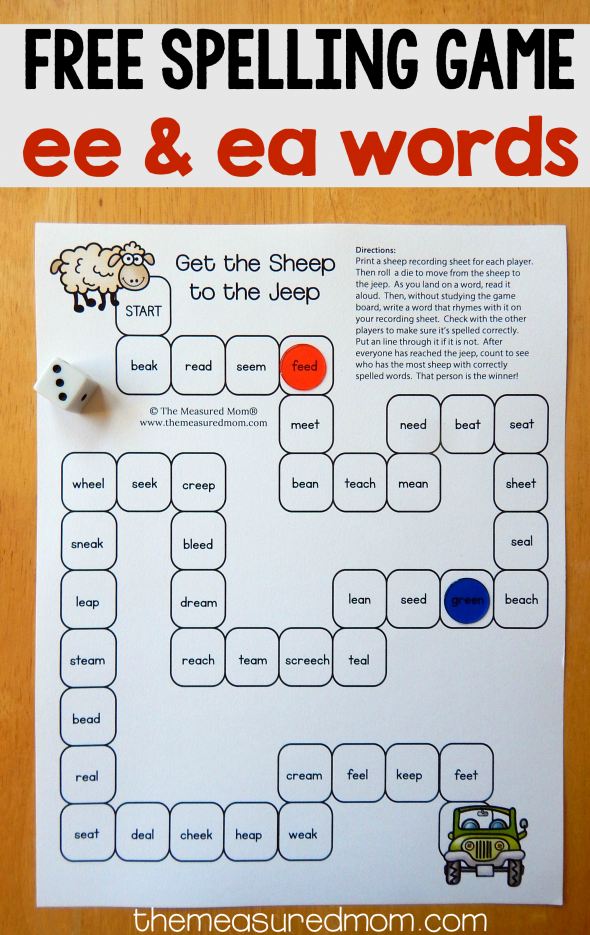 For a correct answer, the row receives a point. The winner is determined by the number of points.
For a correct answer, the row receives a point. The winner is determined by the number of points.
Sample material: words: doctors, eyes, rooks, gardens, basins, balls, sides, rains, yards, moles, seas, knives, fruits, fields, horns, etc.
15. Game: Capital letter.
Purpose: to reinforce the rule of capitalization in words.
Equipment: each student has a set of signal cards.
The teacher invites the class to listen carefully to the poem. Then the students mark with signal cards, all the rules for writing a capital letter, which are mentioned in the poem. Next, you need to protect each of your answers, that is, explain which rule is fixed. The winner is the one who manages to protect all signal cards. nine0003
An ordinary letter has suddenly grown, The letter
Has grown above the letters - girlfriends At the line at the beginning,
They look with respect So that we notice the beginning.
In the letter of a friend, First name, last name
But why? Are written with her,
For what merits? To be more noticeable and more visible,
To sound loud and proud
The letter did not want to grow by itself, Your name
The letter is entrusted with an important task: The name of the street, city.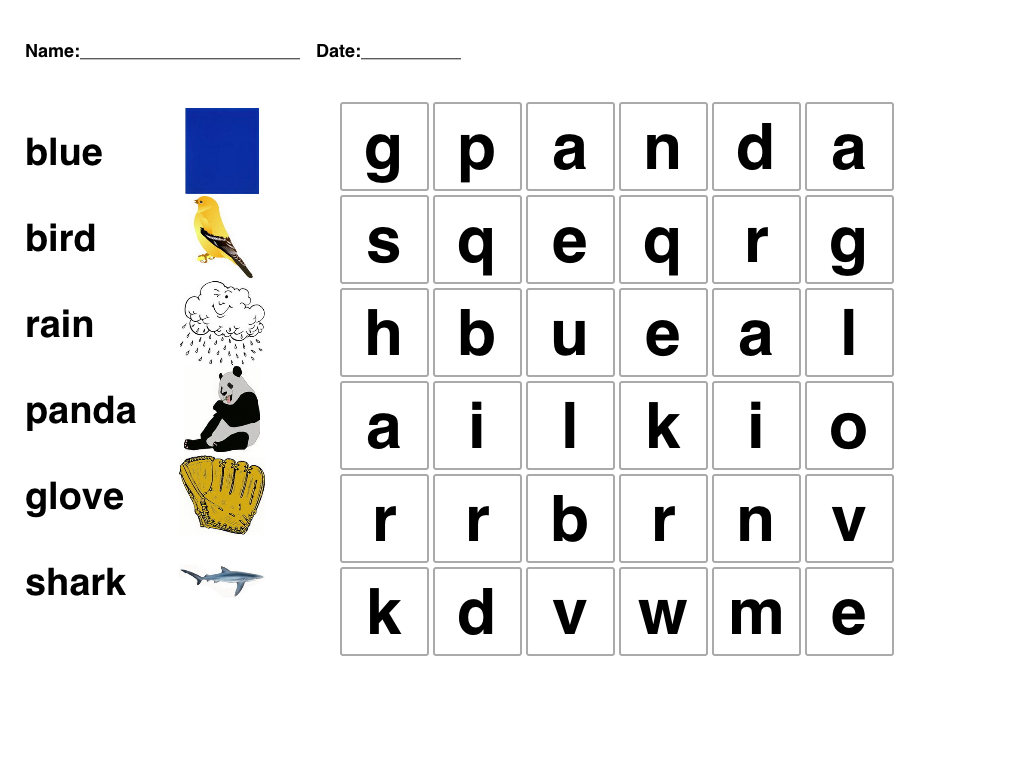
Put in the word Large letter -
Not in vain and not easy Not at all empty,
The letter is so tall.
In a big letter -
Respect sign. (S. Izmailov)
16. Game: Half a minute for a joke.
Purpose: to fix the spelling of the capital letter in animal names.
Equipment: the board contains the names of those animals that are found in Yu. Chernykh's poem: a dog, a chicken, a cow, a cat, a horse.
The teacher asks the children to listen carefully to the poem and say what is wrong with it. The correct answer is rewarded with a game token. Some children add nicknames to the names of animals on the board, while the rest do this work in a notebook. nine0363 Once upon a time there was a grandfather and a woman
With a little granddaughter.
They called their red cat
Zhuchka,
And they called Crested
They called the foal,
And they also had
Burenka hen,
Murka dog,
And two more goats -
Sivka and Burka.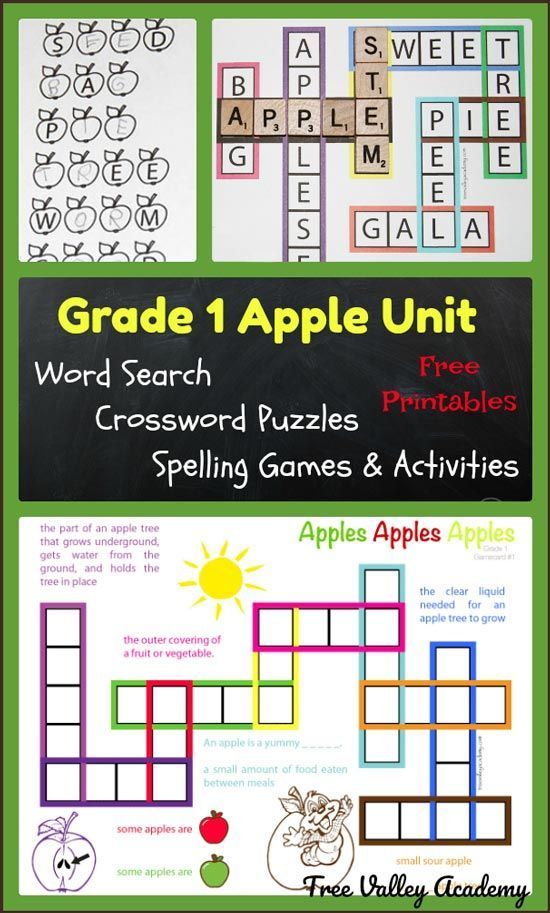
17. Didactic game "Be careful."
Purpose: to activate memory, attention, vocabulary, based on knowledge of the rules.
From the proposed poems write out words with combinations of zhi, shi:
1. They lived in a hut of siskins,
Mice, hedgehogs, swifts,
Walruses come to visit them
And giraffes and snakes.
2. Vest, animal, belly,
Giraffes, painting, lives,
Briar, tires, reeds,
Cars and pencils,
Circle, serve, make friends and live,
Hurry, make laugh,
Hiss and sew.
All combinations of ZhI and SHI
Only with the letter I write!
Interactive games in the Russian language - Russian language and literature
Egorova Elena 5.0
Product review ША PRO Analysis of reading technique by class
and quarters
I would like to express my gratitude on behalf of the primary school teachers of the gymnasium "Pushchino" to the programmers who created this wonderful program! What we used to did hand-to-hand combat, now can be put into a table and get an analysis of for each student and class report.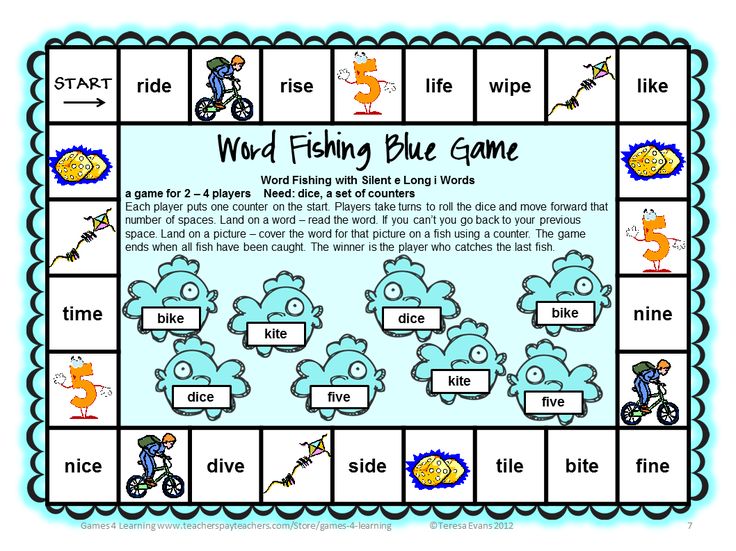 Great, delight! We immediately appreciated the benefits. FROM the beginning of the new school year will be actively used. Therefore, no wishes We are not here yet, thanks. Very simple and clear instructions important! I thank you and your colleagues for this important work. It's very nice when colleagues understand how can "simplify" the work of the teacher.
Great, delight! We immediately appreciated the benefits. FROM the beginning of the new school year will be actively used. Therefore, no wishes We are not here yet, thanks. Very simple and clear instructions important! I thank you and your colleagues for this important work. It's very nice when colleagues understand how can "simplify" the work of the teacher.
Nagovitsina Olga Vitalievna 5.0
teacher of chemistry and biology, secondary school with. Chapaevka, Novoorsky district, Orenburg region
Product review SHA Excel template Analyzer of OGE results
in CHEMISTRY
Thank you, the analytical reference is wonderful, OGE chemistry and biology. Very facilitated the analytical work , identified bottlenecks in preparation for exam. My workload, like all teachers, is high. Your template saves time , I showed your template to my colleagues, they also purchased it.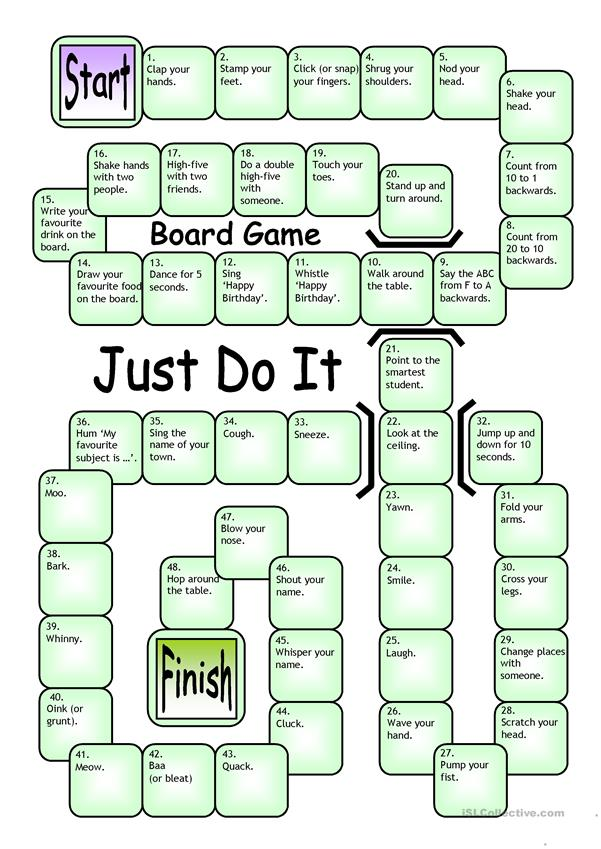 Thank you.
Thank you.
Chazova Alexandra 5.0
Product review SHA Excel Template Analyzer of OGE results for
MATHEMATICS
Very good template, easy to use, trial testing analysis took a matter of minutes. There was a problem printing the report, but we need to try again understand. Thank you very much for a quality analyzer.
Loseeva Tatyana Borisovna 5.0
Primary school teacher, MBOU Secondary School No. 1, Krasnovishersk, Perm Territory
Product review Making a certificate or competition certificate
Thank you very much for the prompt production of certificates! Everything is very beautiful . My student is satisfied, he invested his certificate in portfolio . We will definitely continue to cooperate with you!
Yazenina Olga Anatolyevna 4.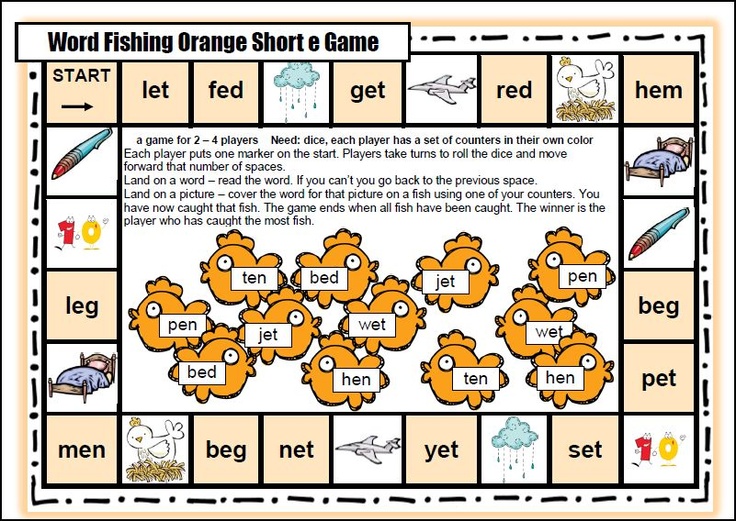 0
0
primary school teacher, Smolensk Center for Education for Children with Special Educational Needs
Product Review Webinar How to create an interesting lesson:
tools and techniques
I watched the webinar! Was very satisfied with what I received information. Everything is very clear, without "water". Everything that is said is shown, very useful in the practice of any teacher. And I will definitely use useful webinar materials. Thank you very much to the lecturer for being shared her experience!
Arapkhanova Ashat 5.0
SHA0003
I would like to thank you for this help. I figured it out right away , everything is very neatly and efficiently. There is not a single disadvantage. I did not regret that I trusted and I purchased this sheet from you. Thanks to you saved time now I make a time sheet for employees.